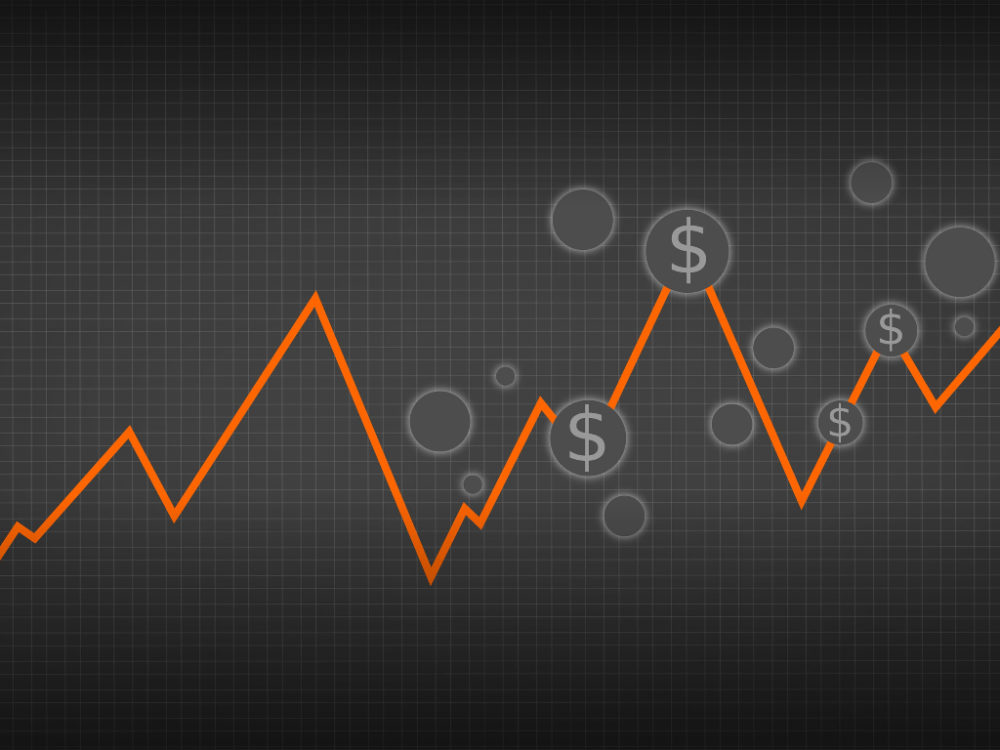Within the financial markets we find numerous assets and financial instruments for investors to grow their business portfolios. One of the best known securities are the so-called bond markets or debt securities. Thus, while shares are traded in the stock market, debt securities are put up for sale in the bond market.
Characteristics of bond markets
Bond markets are also known as credit , debt, or fixed-income markets. It is a financial market in which debt securities are traded in the form of bonds. When governments or multinationals need capital to finance works, projects or buy merchandise, they usually resort to this indebtedness and they do so by resorting to the bonds that investors will buy. That is, investors act as lenders to the companies and governments that issue these bonds; they do so in exchange for a certain return and future compensation for that loan.
Unlike the stock market, where the shares go on sale in the world’s main stock exchanges, such as Madrid or New York and have headquarters for it, the bonds are acquired directly with the issuer. When investors want to get rid of such bonds, then they must turn to the secondary markets. It should be noted that individual investors have no place in the bond market, at least not directly. When a natural person wishes to acquire bonds, they have to do so through entities that acquire these bonds, such as hedge funds, investment funds, pension funds or banks.

Bond market players
Different actors participate in the bond markets . In the first place are the issuers, which are the companies and governments that are the ones that issue the bonds in exchange for financing or a loan. The bonds have a certain face value and that is what investors pay for each of them. In other words, if an issuer needs one million euros, then as many bonds as it deems necessary are issued for different amounts that investors buy. In exchange, the issuers must return the amount of the bond plus interest, which is the profit of the investors. The interests are periodic and the bonds have a maturity date; on that date, issuers must repay the borrowed money.
On the other hand, we find the insurers who are in charge of evaluating the risks of the possible investment and decide to buy the bonds. The transaction is made over the counter and later, if they wish, they put the bond markets up for sale to obtain certain profits. In addition to issuers and insurers, financial entities that acquire the issued bonds to integrate them into their investment portfolios and, therefore, promote the participation of their clients, also participate in this type of transaction; This group includes, for example, banks and investment funds.
Are bonds safe?
Bonds typically represent much less risk than stock markets. However, to know the degree of risk they may have, it is essential that the bond be granted a rating. The rating is granted by specialized agencies that are responsible for evaluating the risks that the issued bonds may pose. Each of these agencies has its own rating system, but they generally do so following the same parameters; They must study the financial situation of the issuer, if there is a possibility of non-payment of interest or return of capital.
There are four rating agencies : Moody’s Investor Service, Standard and Poors Corporation or S&P; Fitch IBCA and Dominion Bond Rating Service (DBRS). These rating agencies grant grades expressed in numbers and letters. This rating can improve or worsen, it all depends on the solvency of the entity being rated; but it must be taken into account that in reality the agencies do not rate the bonds at all, but rather the entities, that is, the issuing countries and companies, so it depends on their economic situation which one they have better or worse qualification.
Thus, for example, a title that is rated with the letters AAA or A, represents low risk and greater attraction. The B rating represents high risk, but we also find C or D ratings, called junk bonds; Investors of this type of bonds tend to dispose of them in the secondary markets, at much lower prices and, generally, before speculative investors.
Within financial markets, bonds represent less risk; because, being backed by the governments of the States, for the most part, they have a greater guarantee of return. It is one of the safest markets since the yield of the bonds is established from the moment of their issuance; This is because the lender receives back the amount invested plus interest. These payments are safe as long as the issuer of the bonds does not go bankrupt. And, the vast majority of the time, these issuers are none other than the governments of the countries, although companies can also issue bonds.
Bonds are characterized in that their value can go up and down and, consequently, so do their interests. If a company issues high-interest bonds because its financial situation worsens, and then the economic situation improves, then the value of the bonds on the secondary market also rises considerably.

How to buy in the bond markets?
As we already anticipated, individuals simply cannot buy bonds over the counter, this is where the banks come in. Banks can take over issued bonds and distribute it among their clients so that they have a participation in said bonds. For example, if a company requires money and issues bonds (not to be confused with shares), the bank buys some of these bonds and its customers can purchase them.
In order to acquire bonds, unlike shares, it is essential to have a minimum capital of approximately 100.00 euros . This makes it considerably difficult for individuals to acquire the bonds, which is why it is easier to acquire them through investment funds that banks and other companies manage. Behind the bond markets we can find millions of small and medium investors contributing a small participation.
The best way to participate in the bond markets, if you are private and interested, is to approach your financial institution directly.
Why invest in bonds?
Generally, the bonds are sold through an auction once the issue is made, in addition to the corresponding risk study. But what is it that makes bonds attractive? Why do the big companies bet on them? To begin with, the most attractive factor of bonuses is their validity period. Keep in mind that the bonds that are issued, for example, by a government, usually have a fairly long validity period and, therefore, the interest that is paid periodically is also high. This occurs because, by establishing a long return period, uncertainty is increased and, consequently, the risk.
Let’s take CABEI (Central American Bank for Economic Integration) as an example. This bank issued, in December of last year, a second bond for 50 million dollars to be able to buy vaccines for Covid-19. The bond was distributed among various Japanese investors and companies that allowed the purchase of vaccines for the countries of the region. The repayment period of said bond is five years, which represents considerable profits for entrepreneurs. In addition, since the issuer of these bonds is a bank, there is certainty of return and low risk.
The credit rating of the issuer or rating, prepared by the specialized agencies mentioned above, also directly influences the decision of investors to bet on said bonds.
